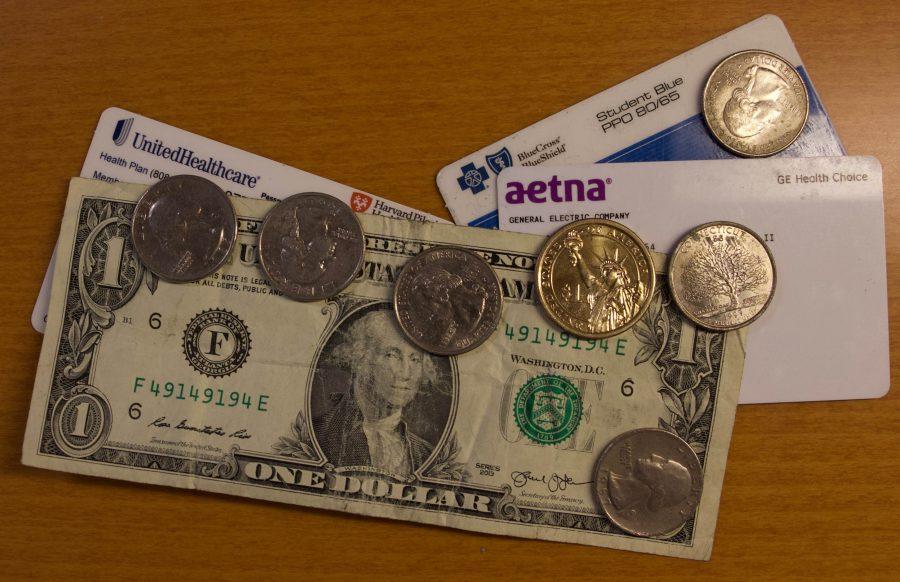People who are critical of the American health care system often look to the Canadian single model, the United Kingdom’s NHS, or other European-style, publicly funded, health care systems that lower costs at an extreme rate for the majority of individuals who require health care. However, rarely does the media portray the true qualities of health care systems. It seems as if what people seem to focus on the most is health care costs, rather than the quality achieved through that cost point. In markets with limited competition, sacrificing costs nearly always means sacrificing quality. In every consumer market, increased market competition has always meant reducing costs, while increasing quality.
While there are issues with the American health care system—including issues such as big pharmaceutical companies and low-income individuals struggling to get adequate coverage—overall, the American health care system is much better than people give it credit for.
Business Insider exemplifies multiple positive aspects of the American health care system that are often overlooked. The article begins by describing that America has the highest rate of cancer survival in the world (1). Another major advantage of the American health care system is the fact that we have the most advanced equipment per capita (2). The increased prices of the American health care system also yields higher pay for health care professionals, specifically doctors. As Business Insider puts it, high pay attracts the best doctors (3).
As I emphasized in my previous article, highly subsidized markets find themselves with limited innovation, limited entrepreneurship and overall decreased quality. The same applies to health care in terms of economic competition. However, markets with limited regulation find increased quality of products and decreased prices. So, why does this market theory not transfer to the American health care market? The fact is, in the most literal sense of the word, a price is how much money someone values a good or service. When that good or service is saving your own life, people are willing to pay as much as they can afford, meaning there is no exact price on life; people would just pay the maximum they can afford.
The article concludes, “If you are in the upper-middle class and can afford good health insurance, then you have access to the biggest network of [the] [w]orld’s biggest network hospitals, specialists and technology” (4).
While on the surface level, hospitals trying to suck as much money out of each customer may seem unethical, these are practices done by every aspect of the free market and not allowing doctors to set whatever price they want for the services they are performing is actually more unethical and akin to slavery. The seller, not the buyer has the ultimate price control, and while the buyer will respond to seller demand, prices boil down to purely the choice of the seller who owns the good or service.
So what is the alternative to a federal health insurance program? The Huffington Post reports, “Massachusetts has the most residents who have health insurance” (5). As a result of the Mass Health program implemented under former Governor Mitt Romney, Massachusetts regularly reports as one of the states with the most percentage of individuals with health care coverage. I present a suggestion that each state should be tasked with funding and sustaining an optional health care policy that would be available in all states, thereby creating 50 case studies to test and see which plans were more successful and sustainable in the long term.
Trusting absolutely anything in the hands of the federal government is similar to trusting an incompetent, lazy and shopping-addicted toddler. From excessive and unnecessary military spending that even the Pentagon doesn’t ask for, to creating alliances with completely immoral nations such as Saudi Arabia, to appointing unqualified individuals at the federal level, the federal government is the King of Incompetence.
In heavily regulated government-subsidized markets, while prices can be controlled and kept down, quality will inevitably decrease. Such is the case of the MBTA, where student loan prices continue to increase but increased quality is not seen, in any capacity. If the MBTA and universities know that their fees are being subsidized, then there is absolutely no incentive to lower prices. Such logic applies to the implementation of the single-payer health care system. Thus far, the American health care system has not succeeded due to government, but rather in spite of it.
- https://www.businessinsider.com/10-reasons-why-the-us-health-care-system-is-the-envy-of-the-world-2010-3#2-highest-rate-of-cancer-survival-2
- https://www.businessinsider.com/10-reasons-why-the-us-health-care-system-is-the-envy-of-the-world-2010-3#2-highest-rate-of-cancer-survival-2
- https://economix.blogs.nytimes.com/2009/07/15/how-much-do-doctors-in-other-countries-make/
- https://www.businessinsider.com/10-reasons-why-the-us-health-care-system-is-the-envy-of-the-world-2010-3#2-highest-rate-of-cancer-survival-2
- https://www.huffpost.com/entry/health-insurance-state-best-worst_n_950479

